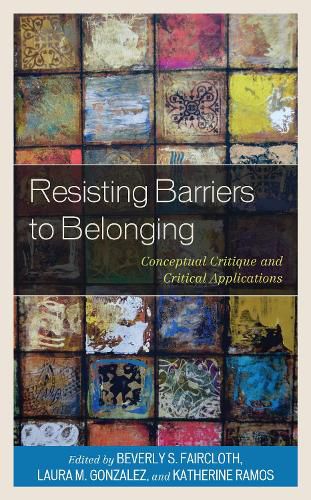Decades of theory, research, and practice have singled out sense of belonging (in its many derivative forms) as a pivotal component of healthy development: psychologically, socially, culturally, academically. The human need for belonging, and therefore its essential nature, have been well established across multiple arenas. Despite growth in this field, answers to the barriers to belonging among marginalized groups and contexts remain especially elusive. For decades, this work was anchored primarily in dominant, whitestream lenses and contexts. Therefore, the authors attempt here to highlight the responsibilities of systems and individual actors to meaningfully adapt and intentionally make space for belonging for all. Within that we advocate for the inclusion and preservation of culture, identity, and voice, and reframe belonging as a fundamental human right. Moreover, the authors draw on insights and generate implications across multiple fields (education, psychology, sociology, counseling, cultural foundations, and community work). Considering belonging through a critical, equitable, culturally-sustaining perspective, while simultaneously identifying settings where more attention to barriers to belonging is needed, is a non-negotiable element of moving the work of positive human development forward.
Read More





